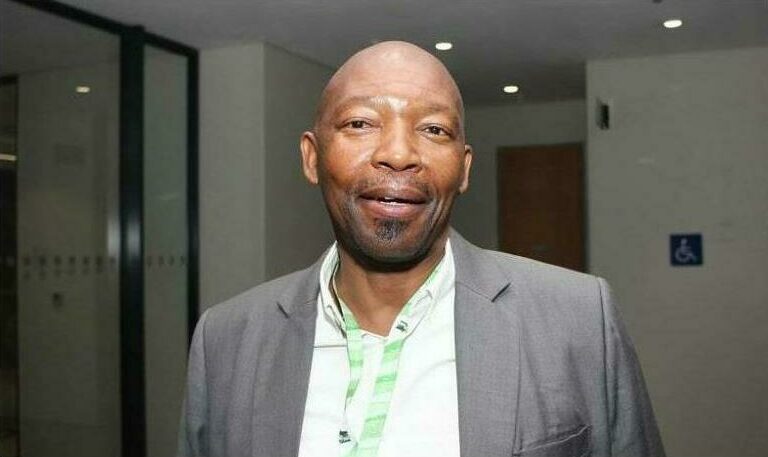Eskom rejects Tshwane’s electricity bill settlement proposal
According to Tshwane's MMC for Finance Jacqui Uys, the current Eskom debt is R2.9-billion of which the city paid R1.23-billion during March.

Power utility Eskom has rejected Tshwane metro’s debt payment proposal to settle its arrears and current account for the bulk electricity provided to the city.
According to Eskom spokesperson Amanda Qithi, the power utility did not accept the proposal due to the adverse impact it would have on the utility’s cash flow.
“The deteriorating payment patterns of Tshwane threaten Eskom’s financial stability,” Qithi told Rekord.
Eskom has expressed concern over Tshwane’s erratic payment patterns.
Qithi said the metro’s payments had become increasingly inconsistent and were placing strain on the utility’s liquidity and financial performance.
“Tshwane has been making periodic payments, however, the payments are not sufficient to cover the arrears and current account,” she said.
Qithi told Rekord the utility was not pleased at all with Tshwane and would implement any lawful remedies to recover the monies it owed.
“Eskom continues to explore all avenues available to it to recover monies owed as required by the Public Financial Management Act (PFMA), including approaching the court of law for assistance,” she said.
The metro’s debt owed to Eskom as of the end of February amounted to R4.4-billion of which R3.3-billion was in arrears.
At the time of publication, the metro said on March 31, it owed Eskom R2.9-billion.
In September last year, the metro received an invoice of over R1.1-billion, more than R1-billion in October, the same amount in November, and R980 497 in December during which time it only paid R400-million.
Metro spokesperson Selby Bokaba confirmed that the utility rejected the city’s debt settlement proposal.
“Tshwane owes Eskom R2.9-billion as of March 31 and has made a payment proposal which they have rejected. We will continue to engage with them on the matter. We are committed to paying Eskom the amount we owe them,” Bokaba told Rekord.
According to Bokaba in all engagements with Eskom, the city acknowledged the debt and indicated its commitment to settle it.
He said the city also indicated to Eskom it is aware of the potential inconvenience the city might be imposing on Eskom’s own financial position as a result of the arrears debt.
“However, to firm up Tshwane’s commitment to settle the debt, the city drafted and submitted repayment plans to Eskom that Eskom rejected, although the metro indicated to Eskom that those repayment plans were drawn after taking the city’s cash flow position into account.”
Bokaba said Tshwane is taking steps to improve its financial position by increasing revenue collection by R1-billion monthly, as well as reducing its operating expenditure by R1-billion.
According to Bokaba, the city paid Eskom’s December 2023 invoice in full and continues to pay off other previous months’ invoices as per the submitted repayment schedules.
He said the city will ensure that the debt to Eskom is settled through collecting revenue from all consumers of services, including from arrears debtors.
Bokaba said the city’s arrears debt collection method named Tshwane Ya Tima is doing relatively well, but more needs to be done to recoup that which is owed.
“We are not where we want to be yet, but we are making good progress. There are internal processes we are ironing out aimed at making the campaign a resounding success.”
Bokaba said non-payment by customers also affects the city’s payment to the power utility and this has a negative bearing on the metro’s ability to deliver on its local government mandate.
“Which means that businesses and residents will not receive the required municipal services timeously or even get fewer services in some instances, as the city directs the chunk of its revenue to settle Eskom’s debt,” Bokaba explained.
MMC for Finance Jacqui Uys said the city acknowledges its debt to Eskom and is planning on keeping to its commitment to settle the debt.
“The current Eskom debt is R2.9-billion [of] which during March the city paid R1.23-billion to Eskom,” Uys said.
She said the metro is finalising a finance project management office that will manage the city’s entire debt collection value chain including issuing summonses and ultimately, attachment of property.
“Tshwane Ya Tima is a campaign that is being institutionalised in the metro to ensure credit control actions to ultimately lead to reaching cash targets. Thus all income in the city is linked or related to Tshwane Ya Tima.”
Uys said the city has devised and implemented several credit control measures and strategies expected to improve its working capital, including Ya Tima.
Do you have more information about the story?
Please send us an email to bennittb@rekord.co.za or phone us on 083 625 4114.
For free breaking and community news, visit Rekord’s websites: Rekord East
For more news and interesting articles, like Rekord on Facebook, follow us on Twitter or Instagram

